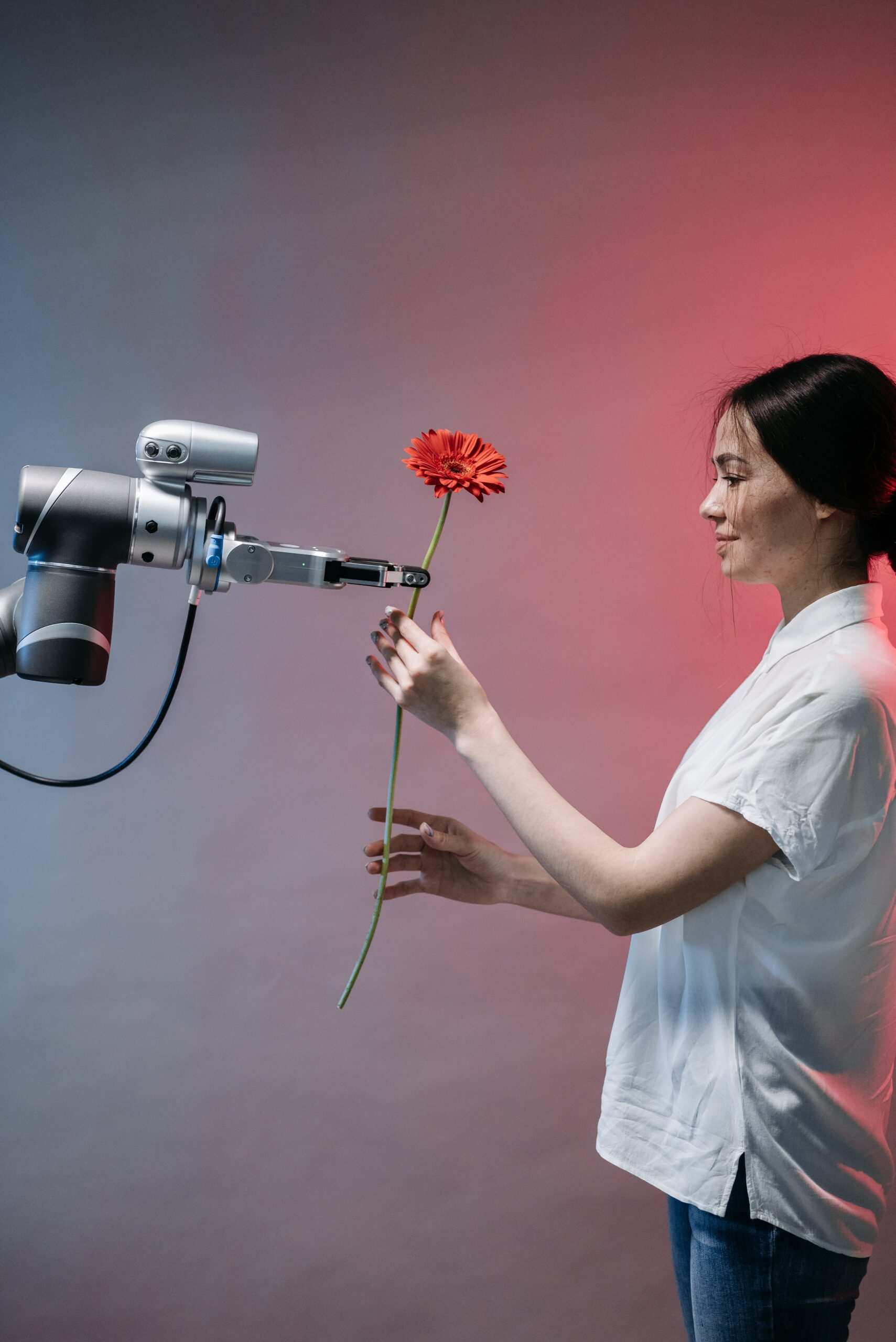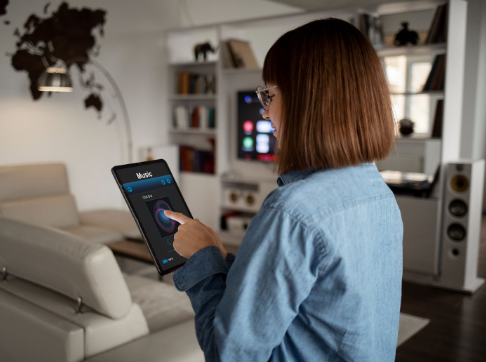

The Fourth Industrial Revolution presents challenges for companies. Although the digitization forced by the pandemic has paved the way, there is still a long way to go. The adoption of Data Intelligence and Big Data tools is low in Spain, and many companies lack a consistent data strategy. Successful transformation requires a comprehensive business strategy shift and the ability to anticipate disruptions.

65% of companies in Spain risk becoming irrelevant if they do not adopt big data strategies, a sector growing at an annual rate of 30%. Machine Learning allows models to learn automatically but requires human supervision to avoid negative outcomes, as seen with Microsoft’s bot. The quality and quantity of data, as well as accurate and efficient labeling, are key to successful Machine Learning model training.

Automation and artificial intelligence (AI) are creating more jobs than they are replacing. By 2025, it is expected that 97 million new jobs will be created, surpassing the 85 million workers projected to be replaced. The demand for roles such as data analysts, AI and machine learning experts, data scientists, and synthetic data builders is constantly growing. Additionally, AI is driving hybrid work, where machines handle repetitive and dangerous tasks, allowing humans to focus on higher-value activities.

Customer relationship management goes beyond technological platforms and includes strategies, data analysis, and business objectives. CRM (Customer Relationship Management) systems enable comprehensive management of sales, marketing, and customer service, leveraging the proliferation of technology and personalization of relationships. The use of CRM has grown significantly, with more than 62% of Spanish companies using a CRM to analyze information and for business purposes.

Vertical farms allow for sustainable and efficient crop production. Robotic technology and artificial intelligence are key in this process, optimizing everything from monitoring and planting to harvesting. The adoption of robotics in vertical farming will continue to grow, as it can address most challenges and improve the entire crop growth cycle.

Voice recognition has advanced from interpreting just numbers to being used across various industries and devices. A voice assistant market worth $31.82 billion is expected by 2025. Voice-controlled devices in smart homes and the integration of artificial intelligence are revolutionizing automation and personalizing experiences.
Subscribe to our periodic Technology News digest.

©2023 Zentricx – All Rights Managed.